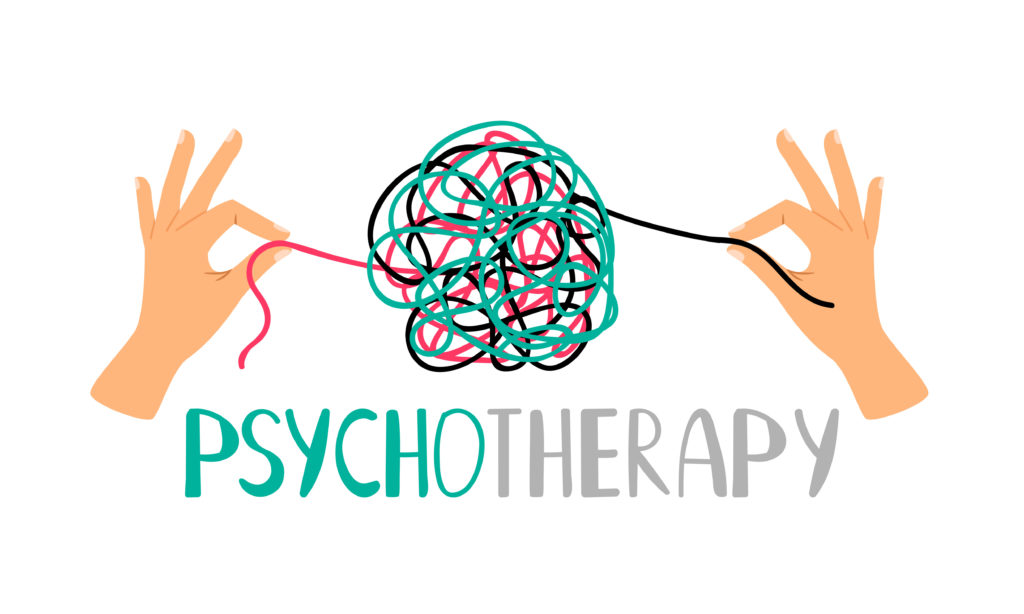Who can benefit?
Psychotherapy can help all types of people in different situations.
It can help a person who is suffering from feelings of helplessness or sadness, someone who is anxious most of the time and finds it difficult to focus on work or study.
It can help someone who has difficulty facing everyday challenges and is using drugs or alcohol in an unhealthy manner or is at risk of causing harm to oneself.
It can also benefit those who have experienced abuse and have a mental health condition, like schizophrenia, that affects their day to day life and feel that their situation will never improve.
Generally, people consult a psychotherapist after getting a recommendation from a doctor. However, several people seek help on their own.
Types Of Psychotherapy
There are many styles and approaches to psychotherapy. More details regarding these are given below.
Cognitive behavioral therapy
Cognitive behavioral therapy or CBT can help people with a range of problems such as anxiety, depression, post-traumatic stress disorder, low self-esteem as well as eating disorders. CBT helps an individual understand how their thoughts a behavior can affect the way they feel and act and then make the change.
Interpersonal therapy
Interpersonal therapy helps an individual learn new methods of communication or how to express their feelings. This approach helps in developing and maintaining healthy relationships. If a person responds to feeling neglected by getting angry, it can trigger a negative reaction in others and cause depression and isolation. This approach enables the person to understand and modify the approach to interpersonal issues and learn ways of dealing with them in a more constructive manner.
Psychodynamic therapy
Psychodynamic therapy focuses on how past experiences, particularly during childhood, influence a person’s current thoughts and behaviors. Usually, the person is not even aware of this influence. Identifying such influences from past experiences can help people understand the source of feelings like anxiety and distress. The psychotherapist can help the individual in identifying the sources and in dealing with them. As a result of this, an individual can feel more in control of their life. Although this form of treatment is similar to psychoanalysis, it is less intense.
Family therapy

Family therapy is used when problems emerge from family relationships or when a child or young adult faces difficulties. Family therapy provides a safe space for family members to express their views and find solutions to problems. It enables the members to explore difficult feelings, understand each other and build on existing strengths. It has also been suggested that family therapy can help adolescents with mental health issues. Family therapy can help improve parenting skills and family cohesion.
Relationship therapy
Another type of therapy is relationship therapy. In this therapy, an individual may meet the therapist with their partner in order to deal with issues in a relationship.
Group therapy
Group therapy involves 5 to 15 participants having similar issues or concerns and one therapist. The group may meet for an hour or two each week, and individuals may also participate in one-on-one sessions. Such interactions with the therapist, and then together with the group facing the same challenges, can be highly beneficial. Issues can be related to severe pain, depression, or substance misuse. Group members may support each other but sometimes it may be intimidating for the members. However, group therapy can help the members realize that they are not alone in facing challenges.
Online therapy
Online therapy is also known as telehealth. More people are choosing online therapy due to its many advantages. For example, people with mobility issues may not be able to find a suitable specialist in their vicinity, or may find it difficult to fit the therapy into their schedule or simply because the person does not feel comfortable with face-to-face interaction. Today many people are using video meetings and messaging services. Online services have made psychotherapy accessible to many people because it is easier to fit it into one’s daily routine. However, it is important to check out the background of the service provider or therapist before consulting them. It might be helpful to consider an agency managed by professionals, like psychologists with proper qualifications and experience in provision of online services, and one which has links with professional associations.
Other types of therapy
In addition to the above, there are several other types of psychotherapy. They include play therapy, animal-assisted therapy, and art therapy. Psychotherapy can help an individual to explore their issues with someone confidentially. It can help them see things in a new way and move towards finding a solution to their problem. The person can understand their goals and values, and learn more about themselves. It helps them to identify the causes of tension in relationships and develop skills required for facing challenges and phobias. In order to get the best results from psychotherapy, it is essential for the concerned individual to be honest when describing the symptoms and situations, have a desire to actively engage in the treatment, attend appointments and undertake any tasks or assignments between the sessions. The effectiveness of the treatment can also depend on other factors. This can include the reason for seeking therapy, the skills of the therapist, and the support that the individual receives outside the sessions. No doubt the trust and relationship between the therapist and the individual plays a crucial role in the effectiveness of the entire process.








